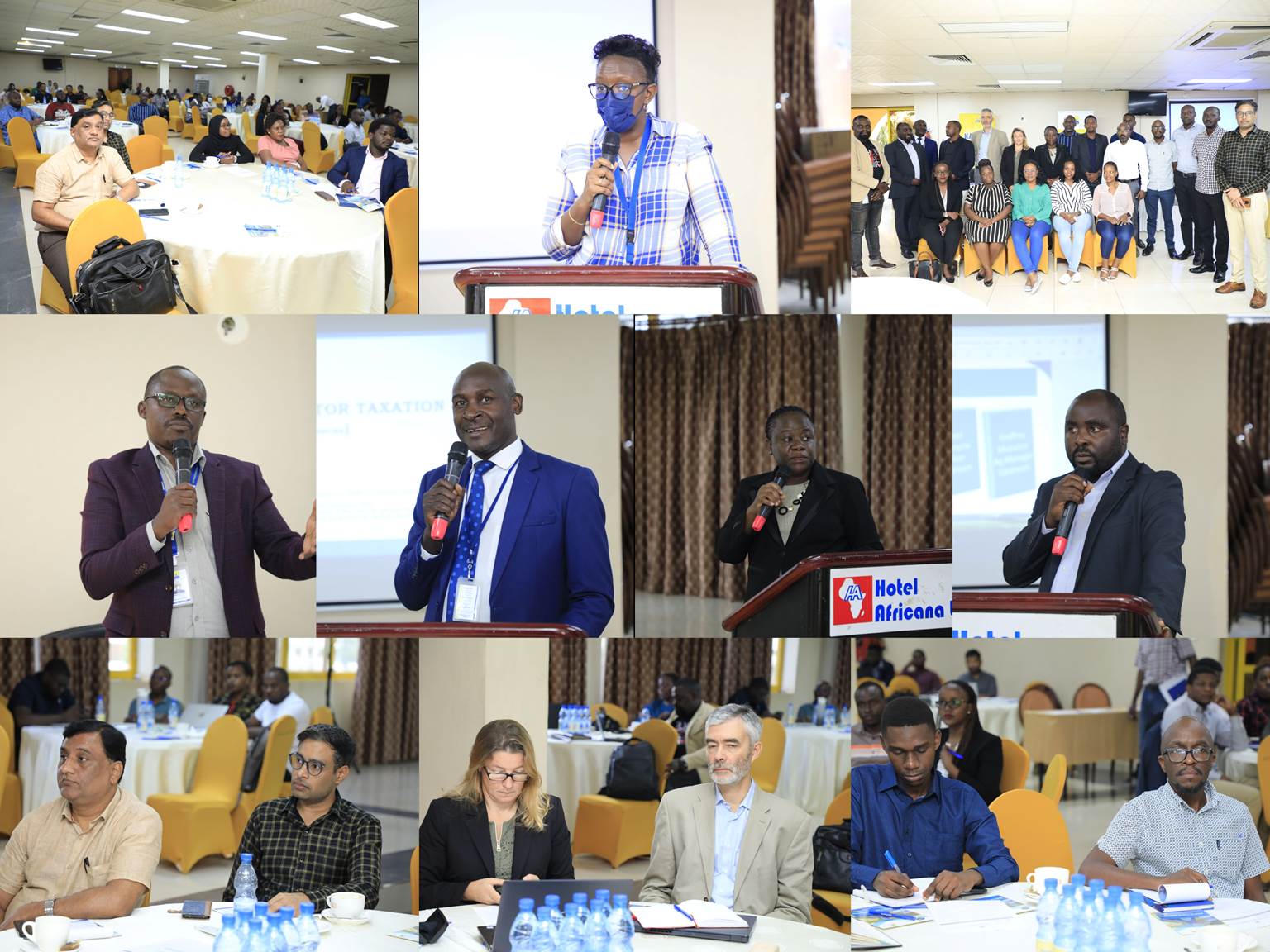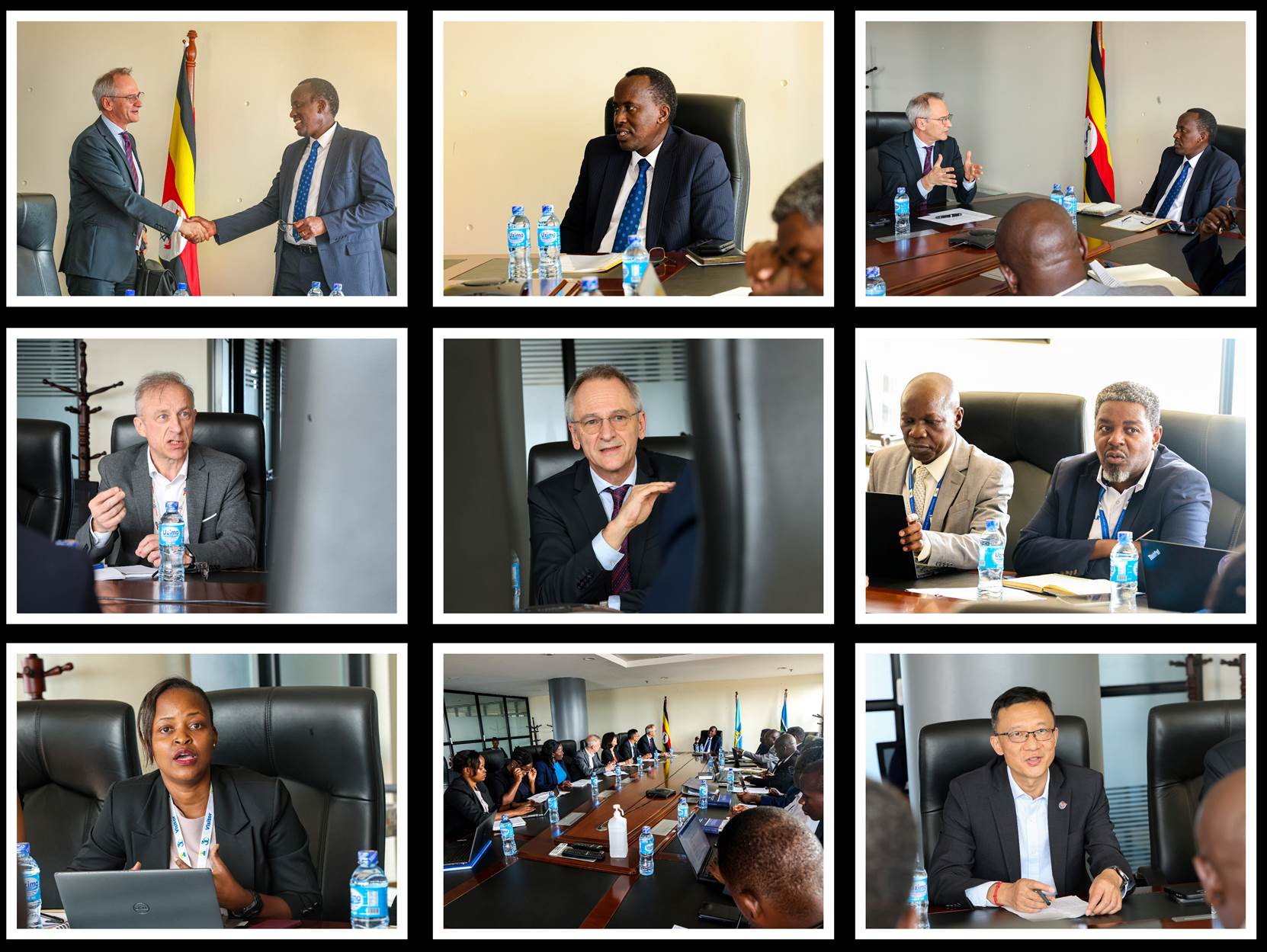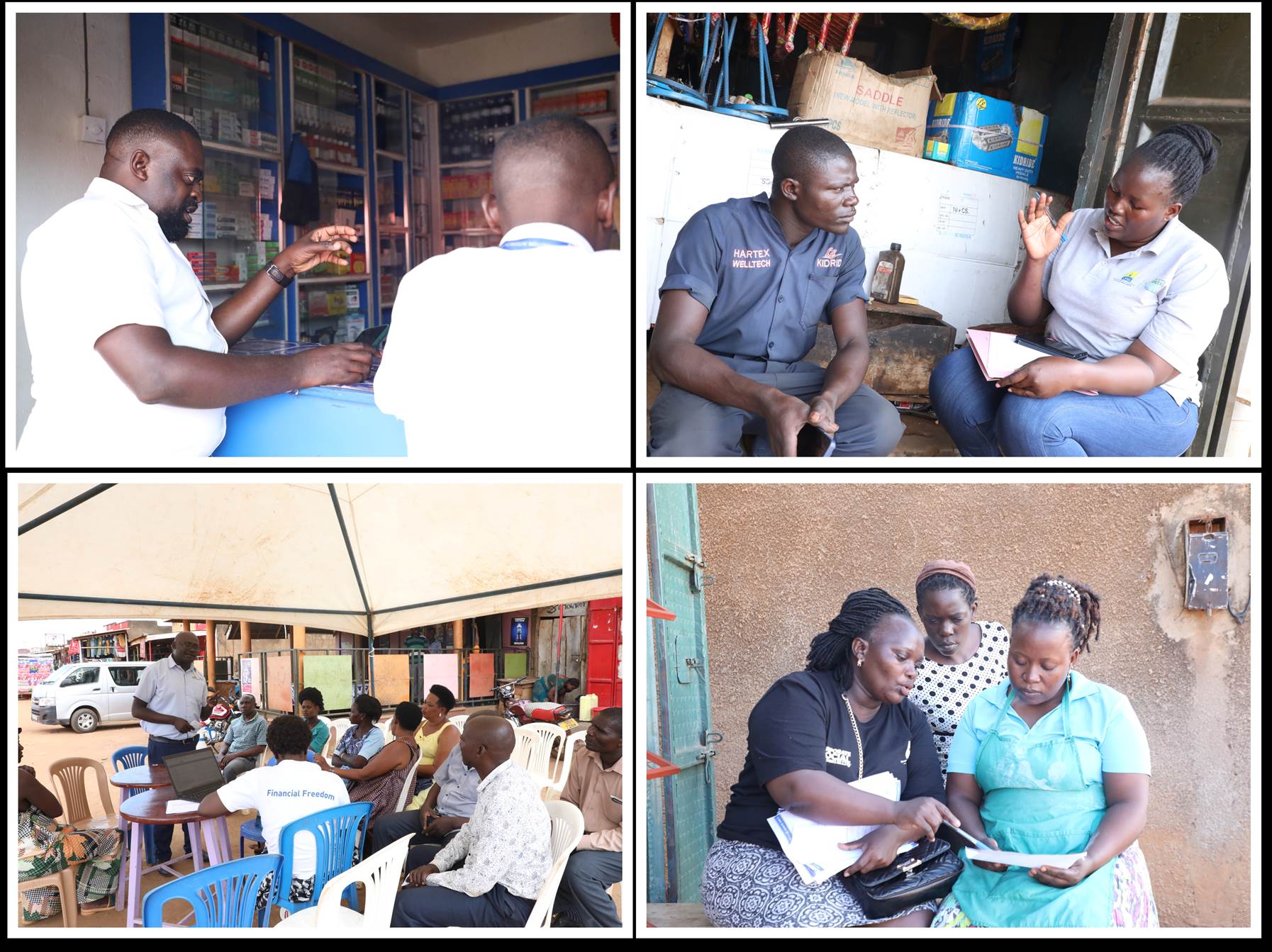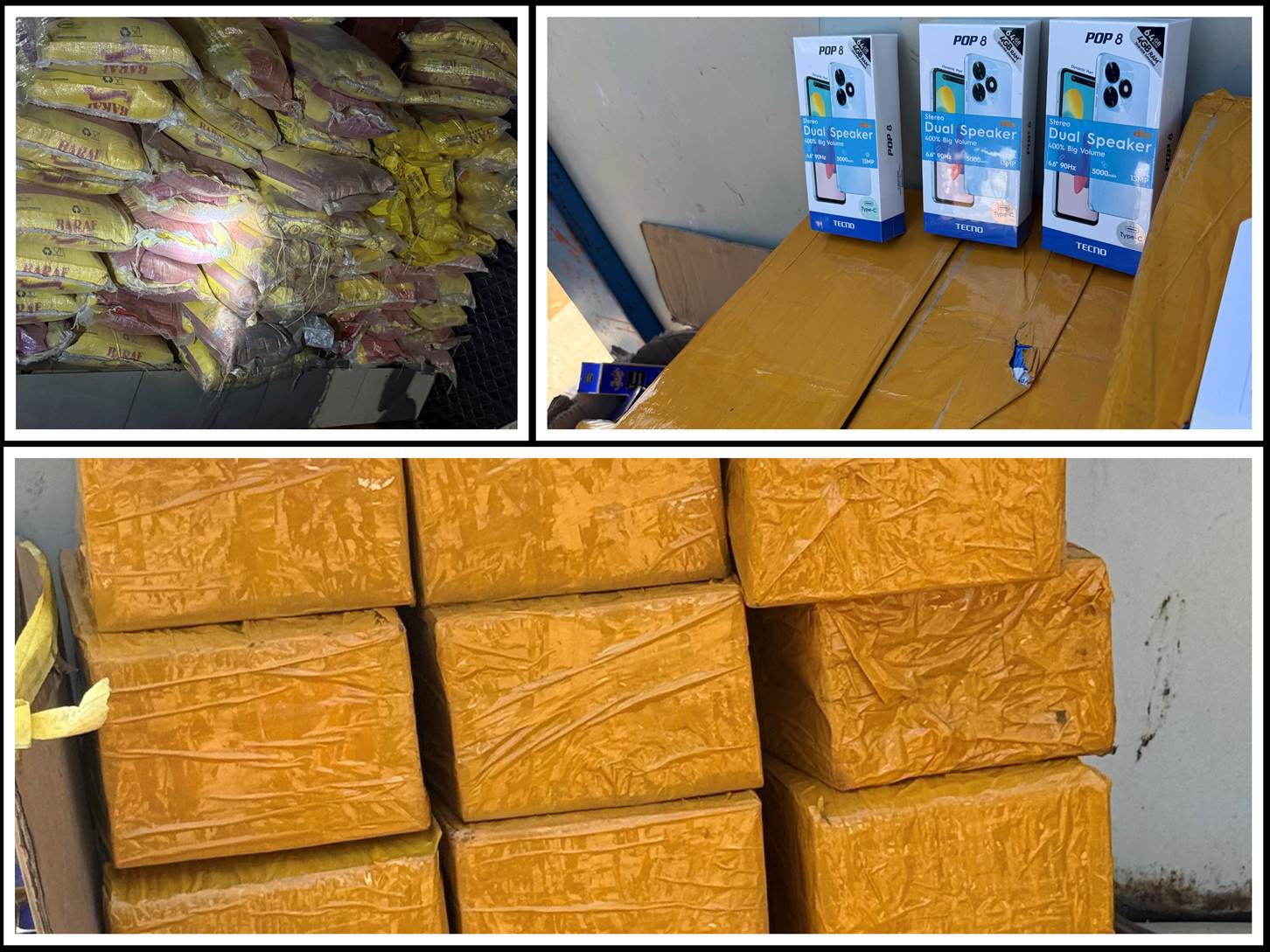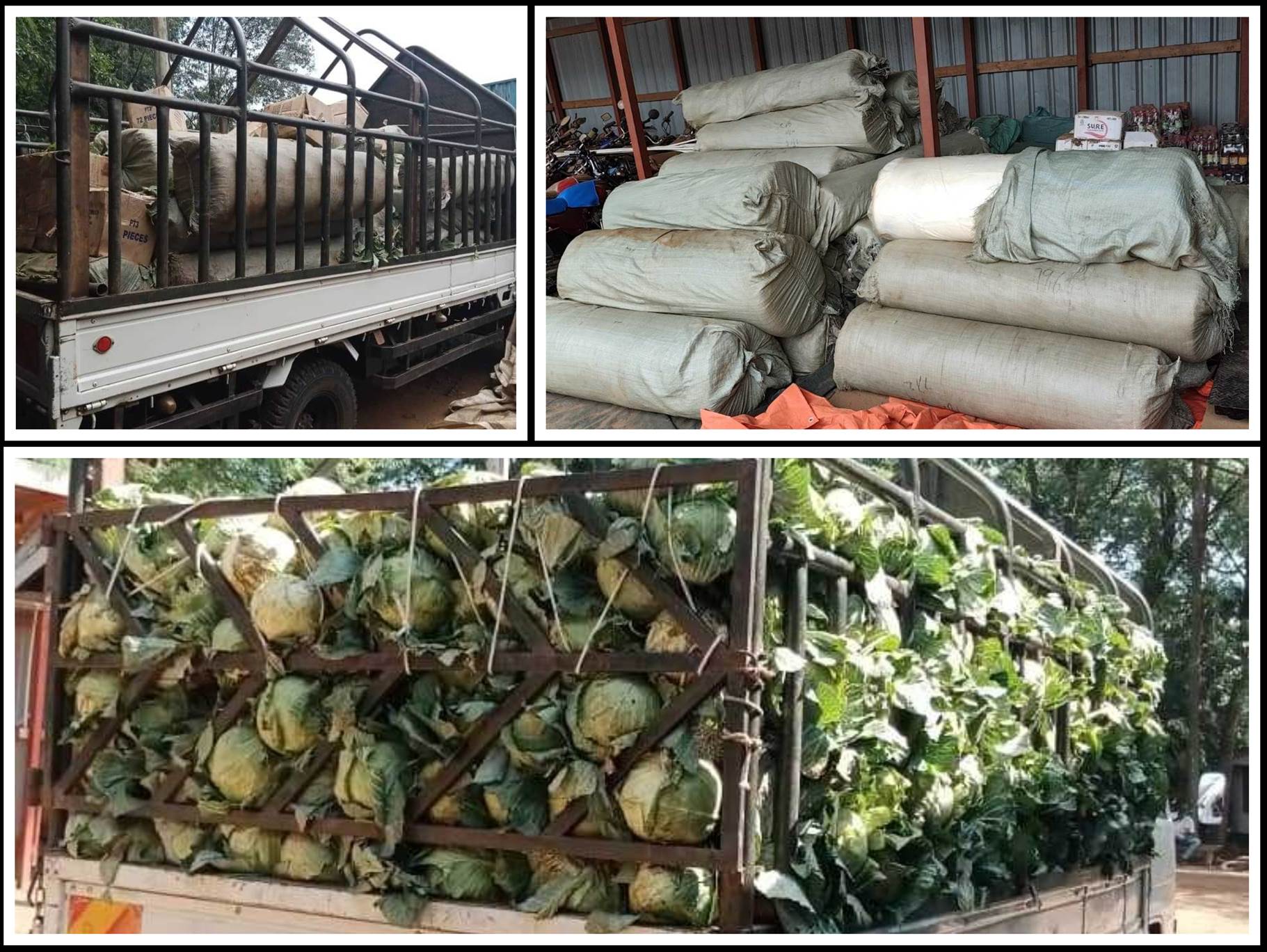By Irene Kabakama
URA recently sensitised contractors and sub-contractors of the East African Crude Oil Pipeline (EACOP) on tax incentives that will help them deliver services to the oil and gas sector. This will in turn help to maximise revenue collection from the project. More than eight companies that work in the upstream (Tilenga and Kingfisher) and midstream (EACOP and Refinery) where engaged.
Speaking at the meeting held at Hotel Africana on Friday 23rd September, Sandra Kaitare, the Assistant Commissioner Petroleum and Mining urged the contractors to work together with URA to ensure the project succeeds.
“We shall facilitate smooth issuance of certificates that you need and provide other needs for this project so that we can fast track the work. We are also available to handhold you through the process, address any challenges and offer interpretation of the EACOP Act,” Kaitare assured the contractors.
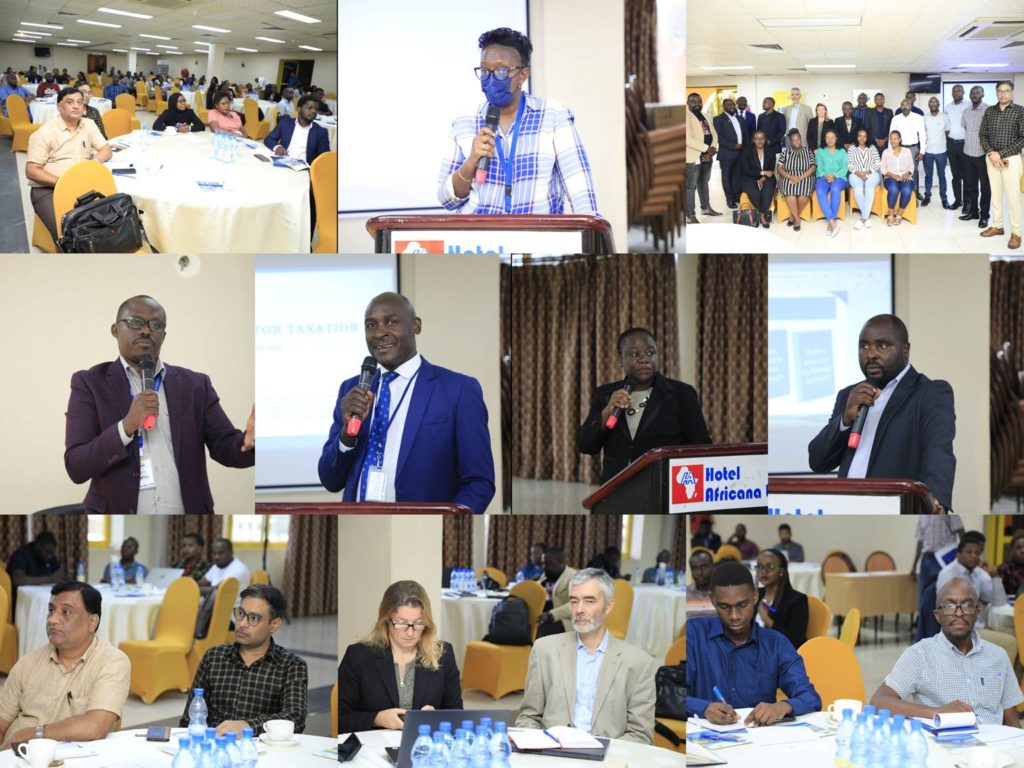
Margaret Nakanwagi Obbo, the Ag. Manager Midstream said URA is mandated to collect taxes from the upstream – the production and development area for the crude oil and mid-stream – which handles the oil refinery activities.
Nakanwagi shared tax incentives for the Oil and Gas actors which includes exemptions under VAT, withholding tax (WHT), import and export duties.
Meanwhile, EACOP runs 1,443km from Kabaale, Hoima district in Uganda to the Chongoleani Peninsula near Tanga Port in Tanzania. The buried thermally insulated 24″ pipeline is 80% located in Tanzania. The project will transport oil produced from Uganda’s Lake Albert Oilfields to the Port of Tanga in Tanzania, after which the oil will be sold to global markets.
The pipeline project is managed through the EACOP Company with shareholding from the Uganda National Oil Company (15%), the Tanzania Petroleum Development Corporation (15%) and the two oil companies; TotalEnergies (62%) and CNOOC (8%). Government will hold a 40% share in the refinery project.
According to reports from the Petroleum Authority of Uganda (PAU), Government is entitled to a net take of 75% from the upstream projects which translates to US$ 66 billion (US$ 2.6 billion per year) with the 25% going to paying the investors’ return. From the EACOP, through dividends and applicable taxes government is expected to earn US$ 400 million. From the refinery, through dividends and applicable taxes, government is expected to earn US$ 3.3 billion.


